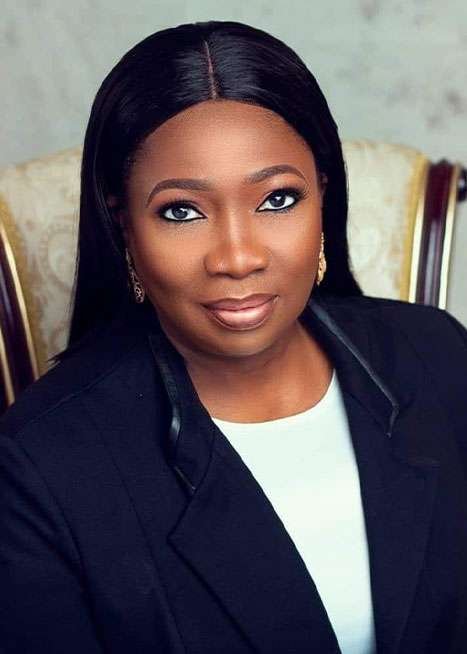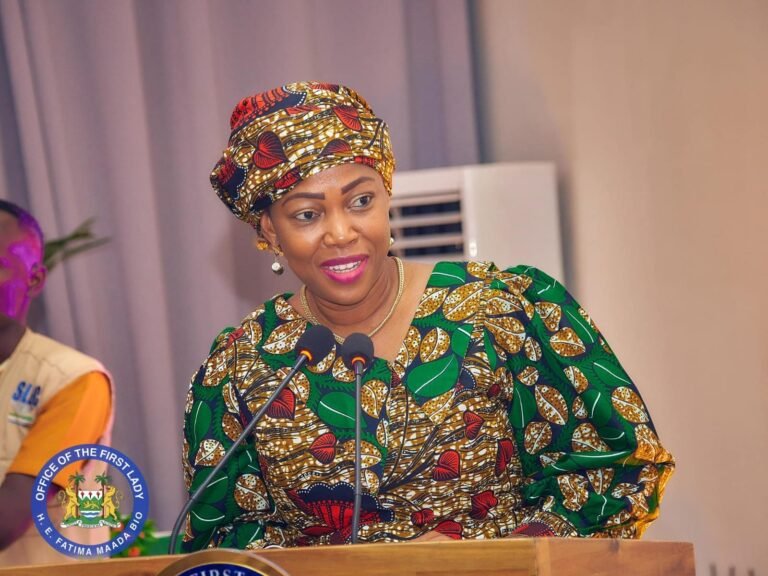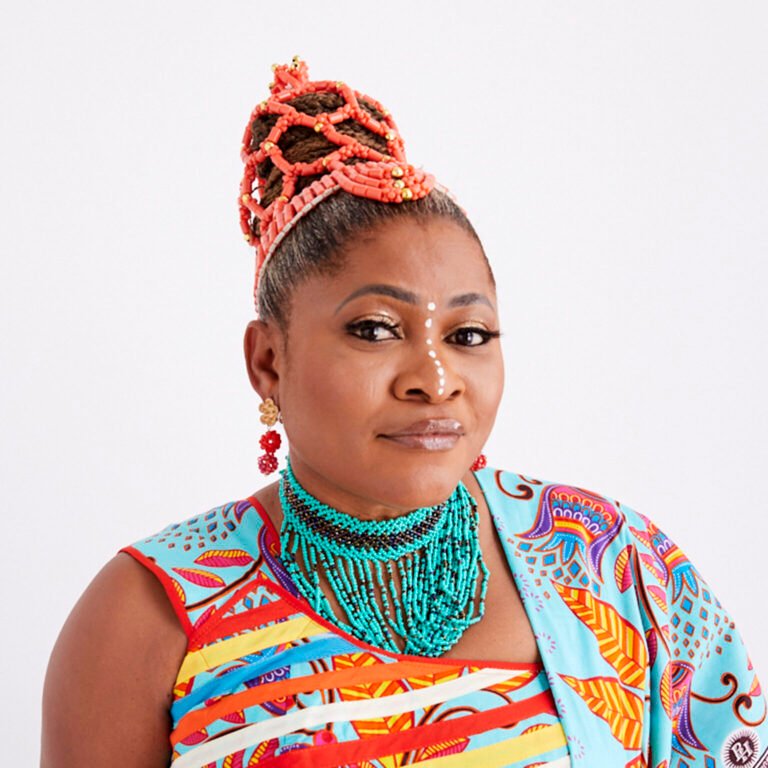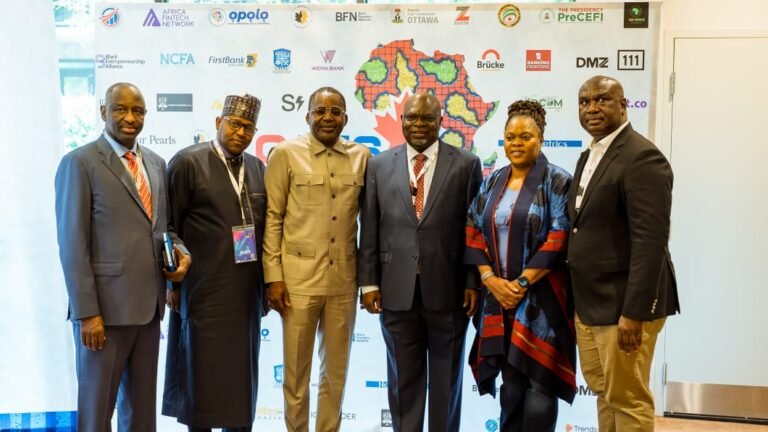Tobore Anne Emorhokpor, Assoc CIPD, MPharm, is a passionate community leader, philanthropist, and advocate for women and children whose journey spans from Nigeria to the UK. Her deep commitment to empowering families inspired the creation of Nigerian Women in the UK (NWIU) , a thriving network of over 18,000 women that provides vital support in safeguarding, childcare, domestic abuse, accommodation, and social services.
Passion Rooted in Personal Experience
Born and raised in Nigeria, Tobore moved to the UK at just 16. Yet, her heart has always remained deeply connected to Nigerian women and children. Over the last nine years, she has tirelessly supported countless families in Nigeria by paying school fees, covering medical bills and surgeries, funding vocational training, and seeding small businesses. She has also stood firmly as an advocate against abuse, signposting survivors to resources and guiding them on the path to justice.
Building Nigerian Women in the UK (NWIU)
Tobore’s dedication to women’s empowerment led her to start Nigerian Women in the UK (NWIU) six years ago. Recognizing the isolation and lack of support many Nigerian women face in the UK, she created a safe space for women to share experiences, build friendships, and support one another.
What began as a Facebook group has grown into a vibrant community of over 18,000 women across 14 regional Telegram groups. In 2024, NWIU was registered as a Community Interest Company, allowing the organisation to expand its impact through events, mentorship programs, welfare initiatives, and even international retreats.
In the last year alone, NWIU handled over 150 safeguarding cases, providing support for women navigating social services or helping children overcome bullying. “My proudest achievement is seeing women who once felt voiceless now step into leadership and confidence,” Tobore shares.
Supporting Women and Families Beyond Borders
Tobore’s commitment goes beyond NWIU. She personally funds education, healthcare, and small businesses for families in need. Her motivation comes from witnessing lives change: children returning to school, women achieving financial independence, and families regaining hope.
She also runs Michrichmeg Ltd, a platform teaching digital skills, AI, and finance to help women earn from home. Alongside this, she partners with Utility Warehouse to guide families in saving money and creating side incomes. All of these initiatives are tied together by her mission: helping women live better lives.
Recognition and Awards
Tobore’s work has received widespread recognition, including:
-
Mumpreneur of the Year, Yummy Mummy Awards (2025)
-
Right Livelihood Award, Drum Majors for Peace (2021)
She views awards as a reflection of the communities she represents, shining a light on stories of resilience, courage, and strength.
Family as an Anchor
As a wife and mother of three, Tobore emphasizes the importance of family in maintaining balance. “My husband is incredibly supportive, and my children inspire me daily. I don’t pretend it’s easy, but I prioritise, delegate when necessary, and make sure I’m present for the important moments,” she explains.
Women Who Inspire Tobore
Tobore draws inspiration from remarkable women around the world, including:
-
Ngozi Okonjo-Iweala – for breaking barriers globally.
-
Michelle Obama – for her grace, authenticity, and empowerment of youth.
-
Her mother – for resilience, sacrifices, and quiet strength.
Looking Ahead: Vision for the Future
In the next five years, Tobore envisions expanding NWIU with a physical community hub in the UK for mentorship, welfare, and empowerment programs. She plans to build digital academies through Michrichmeg Ltd, helping women globally generate wealth using digital products and AI. Through Utility Warehouse, she aims to help at least 500 families achieve financial relief. Her ultimate goal remains clear: empowering Nigerian women to thrive without limitations.
Tobore exemplifies the essence of a Woman of Rubies, someone who shines not just for herself, but for others. Through her leadership, advocacy, and unwavering commitment, she ensures that no woman feels invisible and no child is left behind.
Learn more about her work here and here














